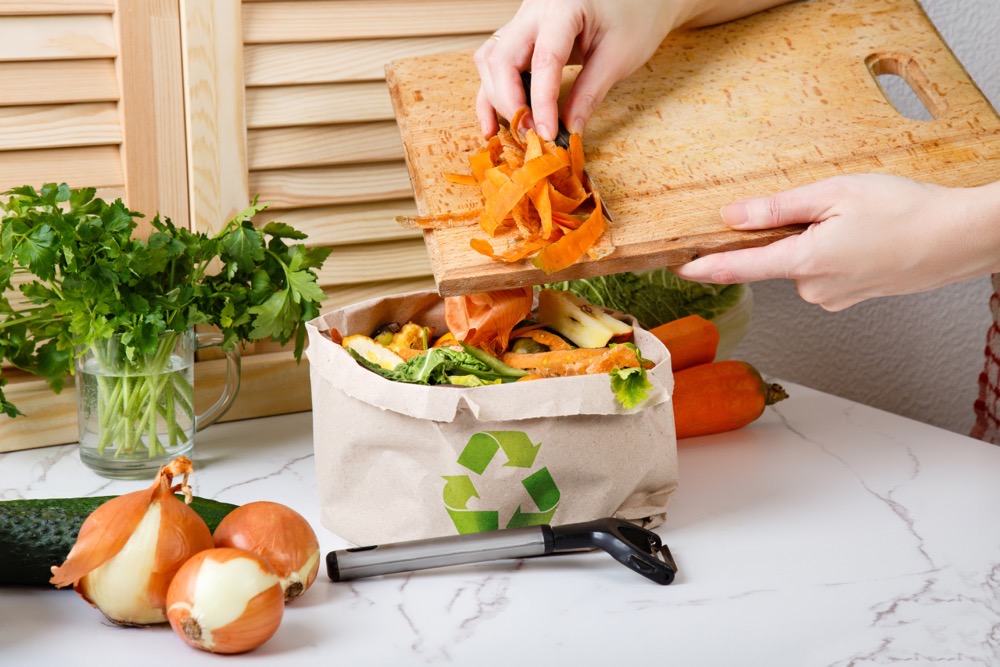How is Baku delivering a sustainable conference at COP29?

https://arab.news/zc8p4
How is it possible to host a global conference dedicated to finding solutions to tackle climate change whilst putting environmental impact at the heart of hosting the conference itself?
As the chief operating officer for COP29, this was a question that I regularly contended with when planning and delivering all aspects of our operations in Baku.
Our ambition was to create the conditions for the world to come together in Baku and produce an inclusive process that delivered inclusive outcomes, with sustainability at the heart of this.
From managing energy efficiency at the venue, Baku Stadium, to reducing our transport emissions and implementing effective waste segregation and recycling systems, the challenges of delivering a sustainable conference are complex, and not to be underestimated.
To navigate these challenges, a foundational step we took was to conduct thorough materiality assessments to inform our overarching strategy. This included interviews with internal and external stakeholders, as well as detailed benchmarking to meet best practice standards used at the previous COPs, the Paris Olympics, and the UEFA 2024 football championships. We wanted to draw upon previous lessons, with the aim of elevating COP29 to unprecedented levels of success.
As a result of these materiality assessments, seven key principles were created and enshrined in our operating company’s sustainability policy, focusing on carbon neutrality, accessibility, legacy and continuity, inclusivity, transparency and accountability, safety for all, and the promotion of sustainable practice.
These principles provide a clear framework for our decision-making, ensure consistency in our actions, and foster a shared commitment to implementing sustainable practices across all aspects of our organization.
Accessibility has been a particularly key area of focus for us as we seek to create a venue that is welcoming and accessible for all those visiting Baku. For the first time in COP history, sign language interpretation and an audio induction loop system will be provided for individuals with hearing and speech disabilities in the Plenary Hall during the conference.
Our team have also introduced maps, booklets, and signage in Braille for visually impaired attendees, as well as learning from previous COPs by improving the volume of lanes and access for wheelchair users in the public screening areas.
Moreover, a dedicated wheelchair maintenance service is available at the main event venue to enhance accessibility and support for attendees with mobility challenges. This service will provide inspections and initial technical support, along with a supply of spare wheelchairs.
Wheelchair users from within our operating team have played a key role in being a part of this process, by visiting the venue and informing our team on how we can guarantee the best visitor experience from the moment people pass through the door to their journey around the venue.
Other critical measures include a robust waste management process for COP29, which will divert 100 percent of waste away from landfill. Using Baku’s modern waste management facility, we are capable of locally sorting plastic, glass and paper, to ensure all materials are correctly recycled. Food waste will be composted on site at the venue and will be subsequently used on our local landscape.
Mitigating the emissions from COP29 is another principal aim for our team. One of the many ways that we are doing this is through a carbon emission monitoring process, which uses a bespoke calculation methodology, and the use of fully certified carbon credits to offset any carbon emissions within our control.
Going beyond a critical imperative to reduce emissions and making every effort to ensure COP29’s carbon footprint is minimized as much as possible is integral to our sustainability strategy.
Our team has worked harder than ever to find tangible ways to minimize the event footprint, compensate what is outside our control, and adhere to the seven key principles of our policy that drive our operational approach to sustainability.
We are proud to be delivering a conference that has both environmental sustainability and accessibility for all attendees at its heart.
_
Narmin Jarchalova, chief operating officer at COP29, outlines the key initiatives that her team enacted to deliver a sustainable, accessible conference in Baku.


































